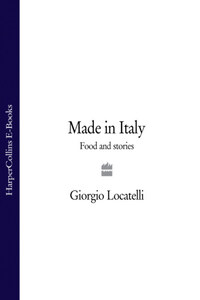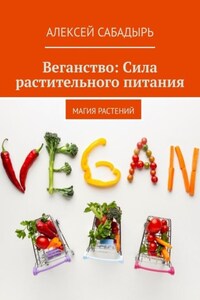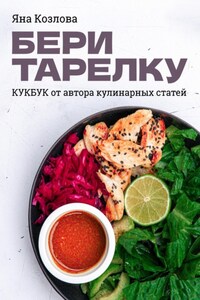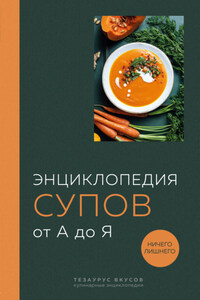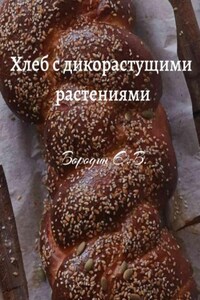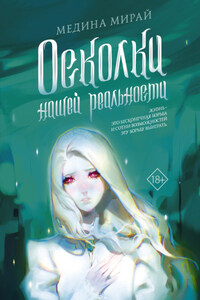I remember very well the first time I ever tasted Marmite.It was also the last time I ever tasted Marmite.Giorgio
giorgio
To an Italian, life is an opera, a drama. Every little thing that happens is like front-page news. If someone drops a glass on the table, it’s a major incident. Everyone yells, everyone has an opinion, it’s chaos.
Italians have a totally different lifestyle from the English. The sun has a lot to do with it, of course. We spend a lot of our life outdoors, and it makes us more outgoing, more expressive. Maybe that’s why we yell and gesticulate so much. Basically, deep down, we’re all drama queens.
The Italian writer Umberto Eco once said that we Italians are who we are because, throughout history, we were the ones who could sit down and do nothing. It sounds strange but the fact is we have raised the act of doing absolutely nothing to a fine art. We call it non far nulla, and it is something that every Italian understands instinctively. The English don’t have these instincts and feel somehow guilty if they do nothing. They always have to be doing something, and that’s why they’re always on the move.
In England, if you do nothing you’re a loser. In Italy, the people who do nothing are running the country. What does that tell you?
tony
We Brits are hard working, methodical and unemotional - and that’s the good side of our character. We’re stoic, proud and strong, and we place great importance on politeness and ‘doing things properly'. If Italians are opera performers, then the English are the opera critics, sitting back, considering, analysing and judging.
It’s not that we don’t have emotions, because we do. It’s just that we believe that showing them in public simply isn’t good form. The worst thing an Englishman can do is embarrass himself. So it’s easier not to take the risk and not to stick your neck out - not be the loudest, the tallest or the silliest.
As a nation, we’d much rather stew about something than get it off our chest. If you ask diners in your restaurant if they’ve enjoyed their meal, they’ll say, ‘Yes, of course!’ And then they’ll go home and write the most vicious letter to you, outlining everything that went wrong with it.
Italians are different. They act first and think later. When I was in Rome, I bought a slice of pizza from a little pizza joint. It only cost a quid but after I took my first bite the owner ripped it out of my hands and gave me another slice. ‘I could tell from your expression that you weren’t enjoying it,’ he said. ‘This one is better.’ That’s not really an English thing to do.
To Italians, food is the most important thing in their lives (the second most important thing is how they look). This obsession is based on their belief that eating good food isn’t a privilege, it’s a basic right.
Everyone eats well in Italy. Eating well is a sign of well being, of the normal functioning of a family. It doesn’t matter whether they’re eating in an expensive restaurant or buying a panino (bread roll) from a kiosk at a railway station, they will still insist on the best. And if they don’t get it, they will complain - loudly, of course.
In truth, there is really no such thing as Italian food, because the individual regions of Italy are so strong and distinct. Sicilian food is nothing like the food of Tuscany, while Sardinian cooking is a million miles from the cuisine of Emilia Romagna. There are still a lot of people in Italy who will only eat the food of their own particular region. When I was growing up, chilli was something you would never find in our kitchen, because chilli was from the South and I came from Lombardy, in the north. I don’t think my grandfather ever tasted a chilli in his whole life. I can’t take my father to a restaurant because he won’t eat anything that isn’t from the north. It’s a real pain, but I respect him for it.
Wherever you grow up in Italy, however, you grow up with food. I often think about the times as a little boy when I would walk in the mountains with my grandfather. We would drop into Cecchino the baker’s and buy his freshly baked michctta rolls. Then we would go to the salumeria and buy a hunk of mortadella di fegato (liver sausage). Then we would sit down on a big stone wall and my grandfather would pull out his hunting knife and slice up the sausage. A bite of sausage, a bite of bread - the flavours were fantastic. Whenever I think about that wall, I can still taste that mortadella. I once took my kids there and showed them the wall, but I don’t think they were terribly impressed. To them, it was just a wall.

